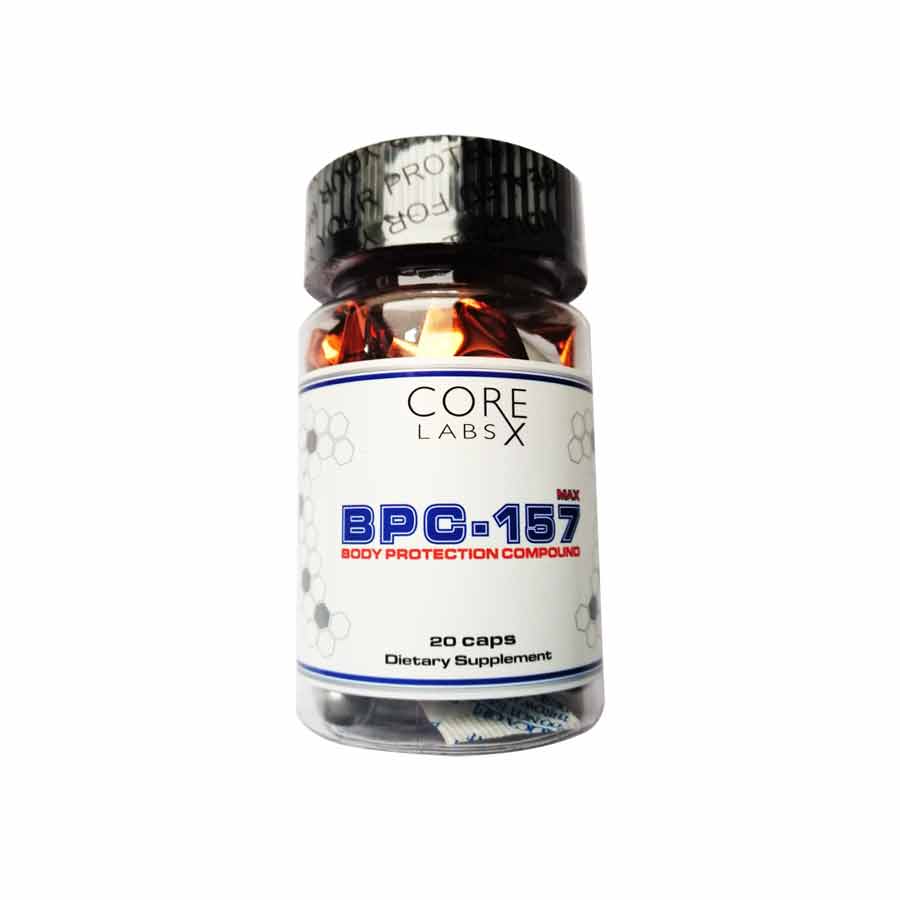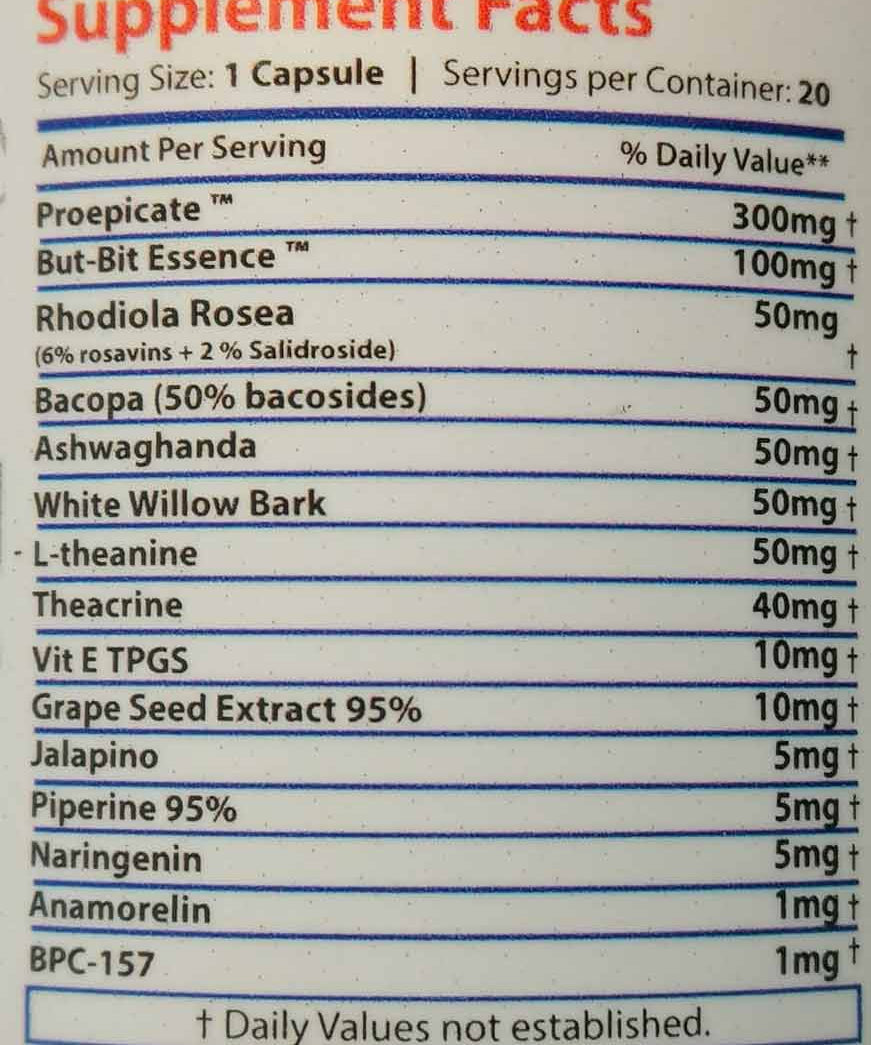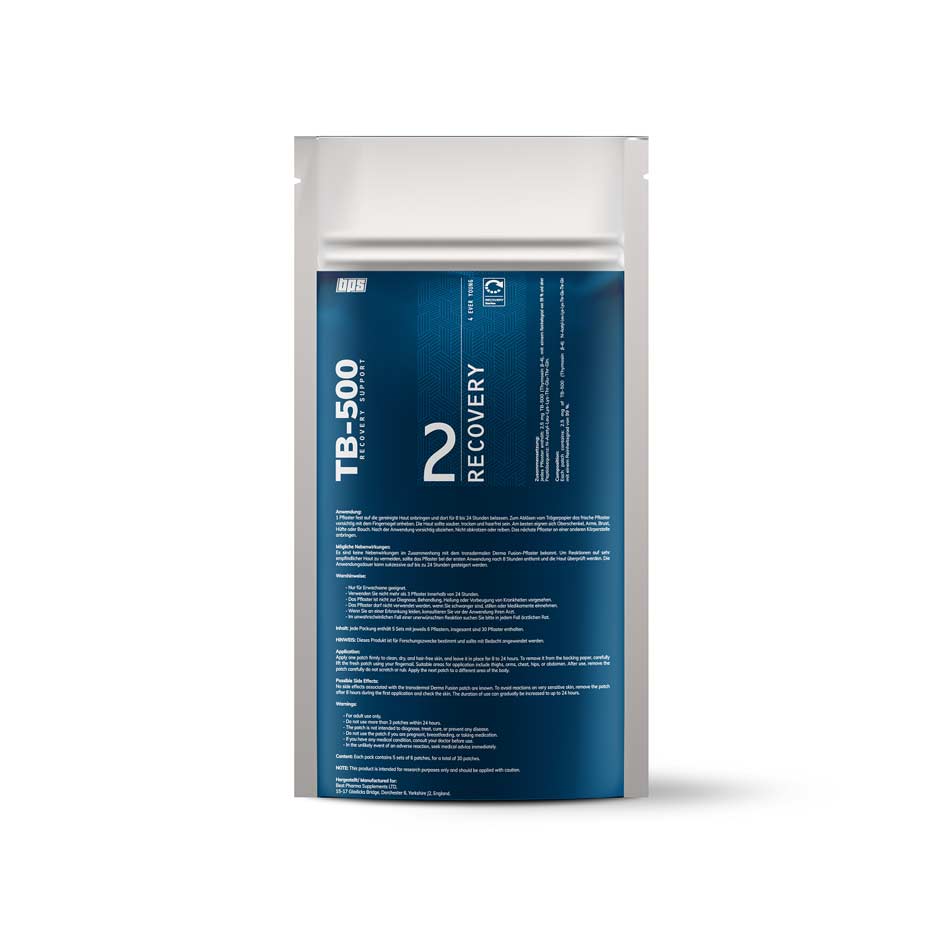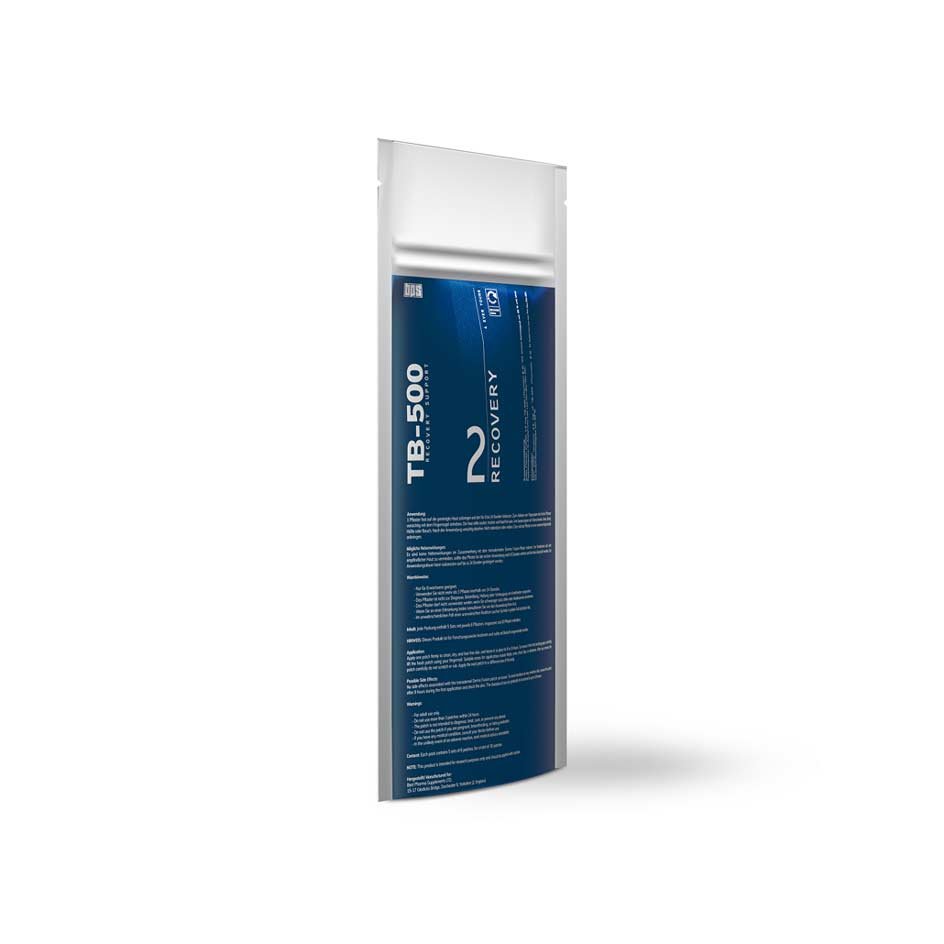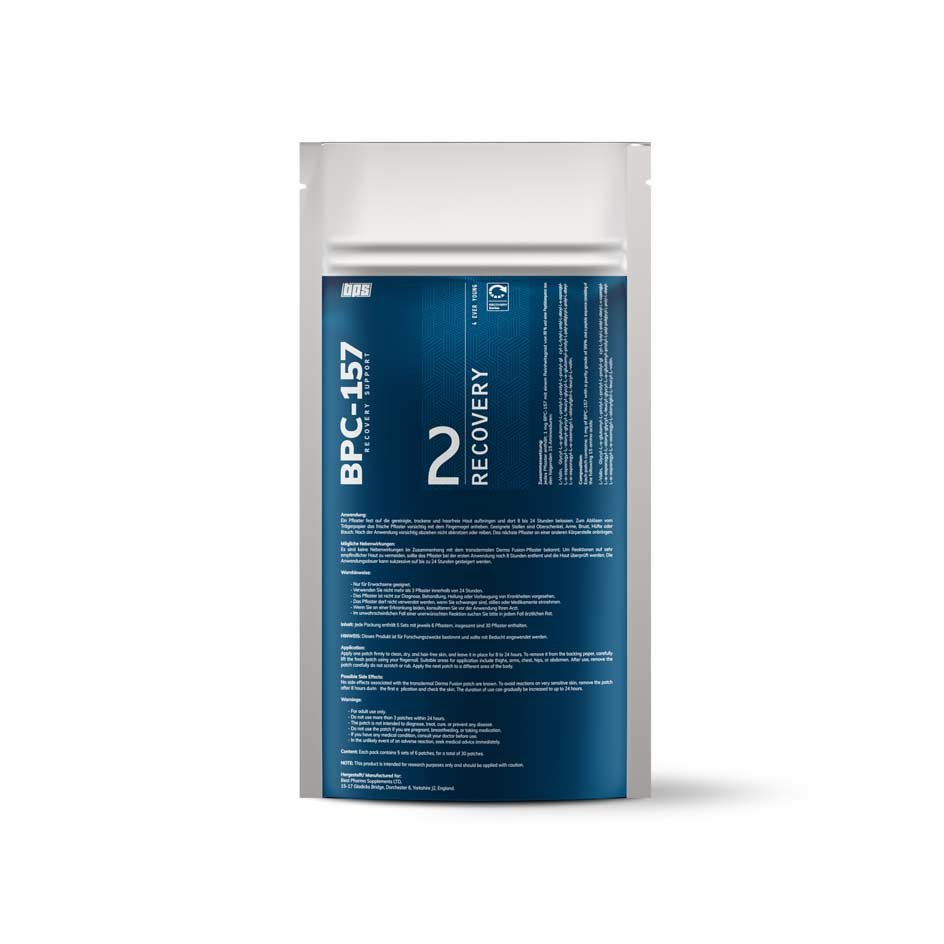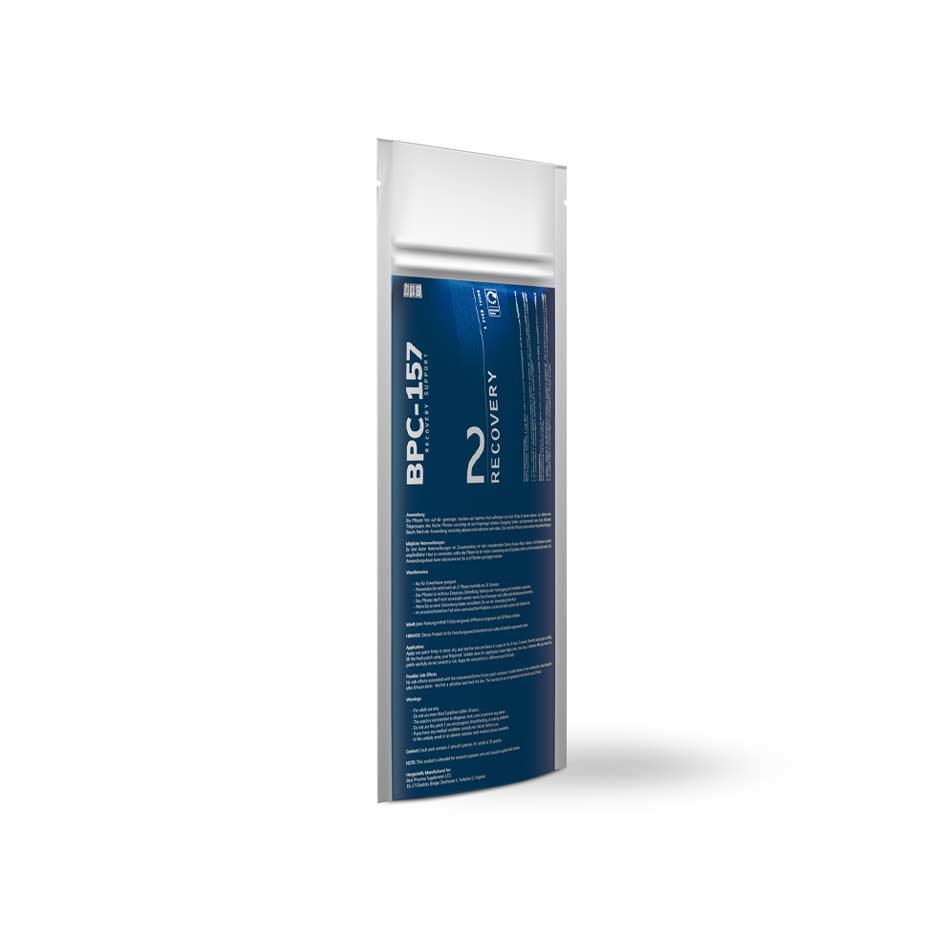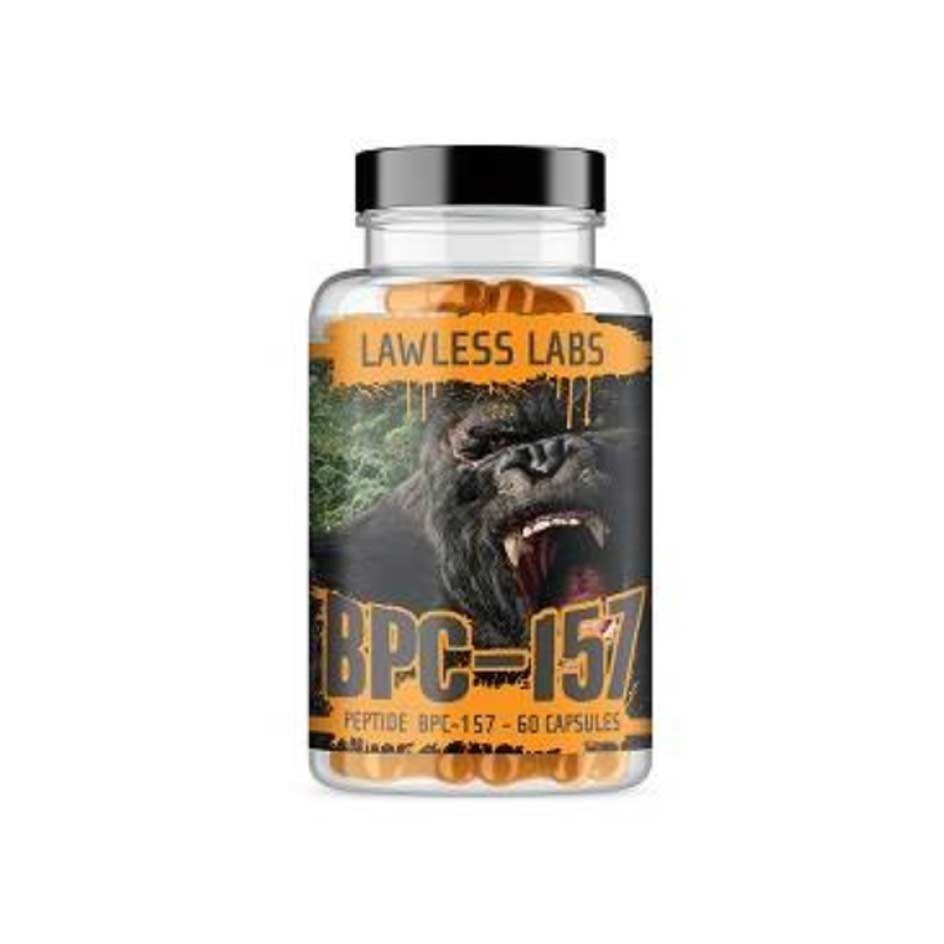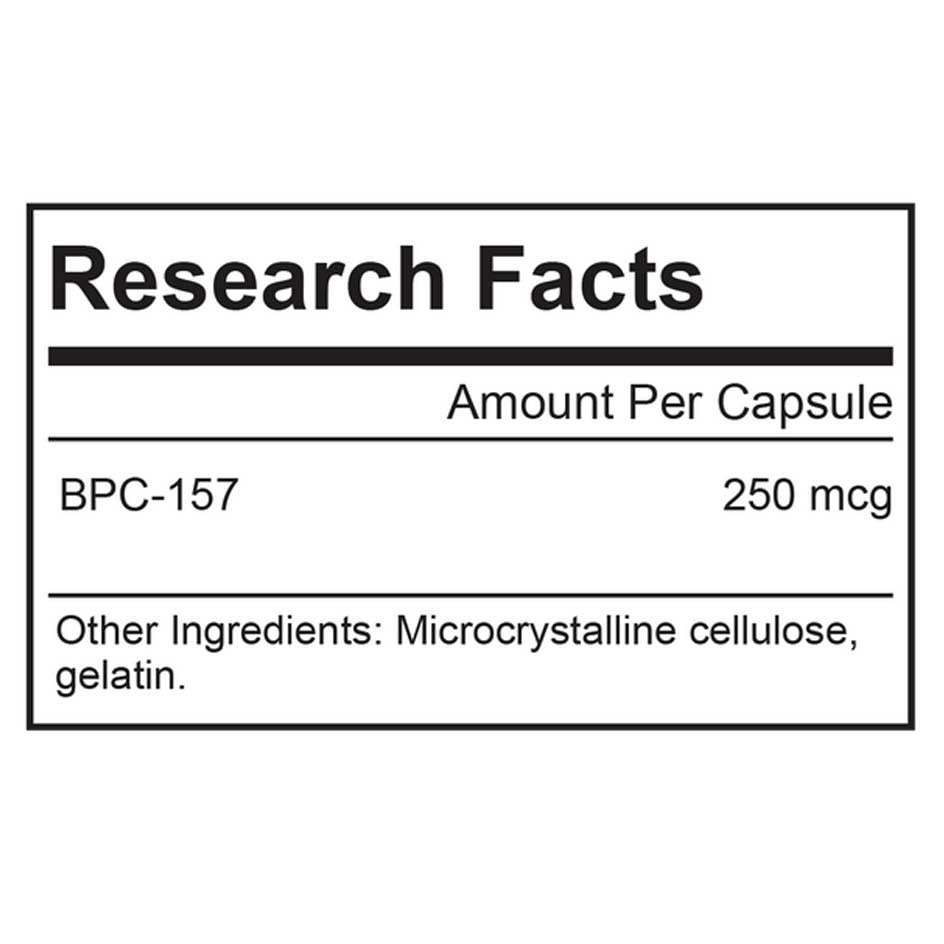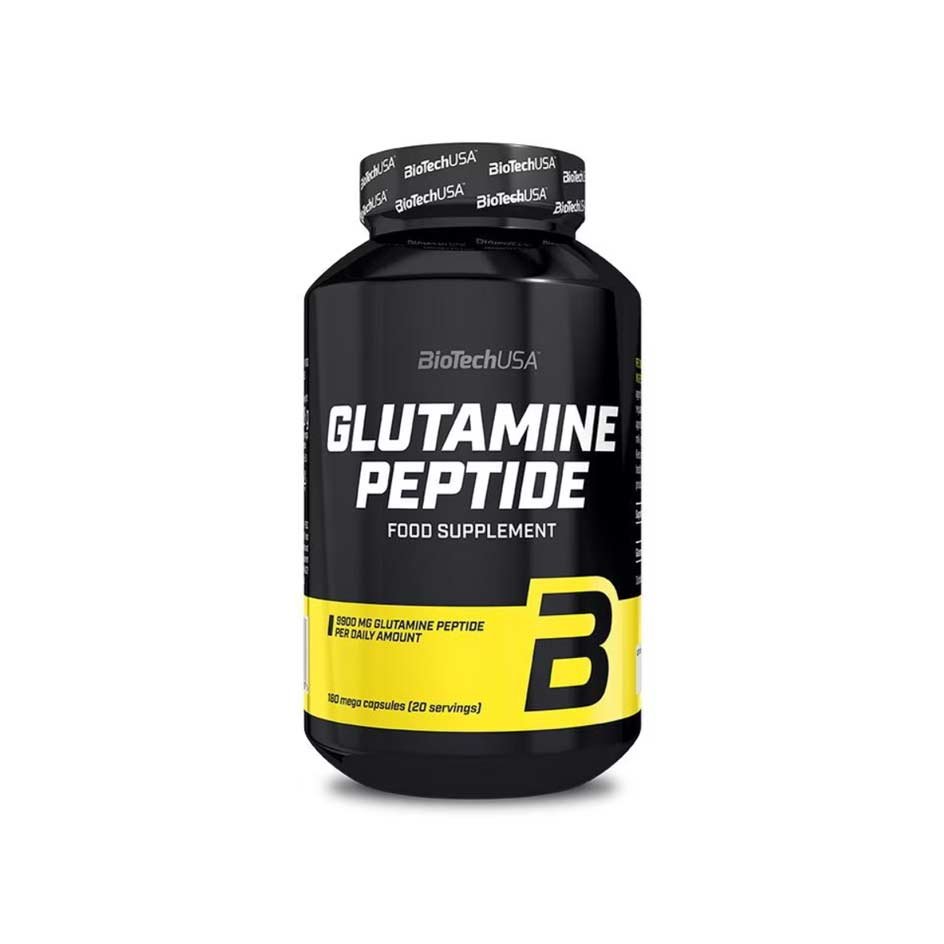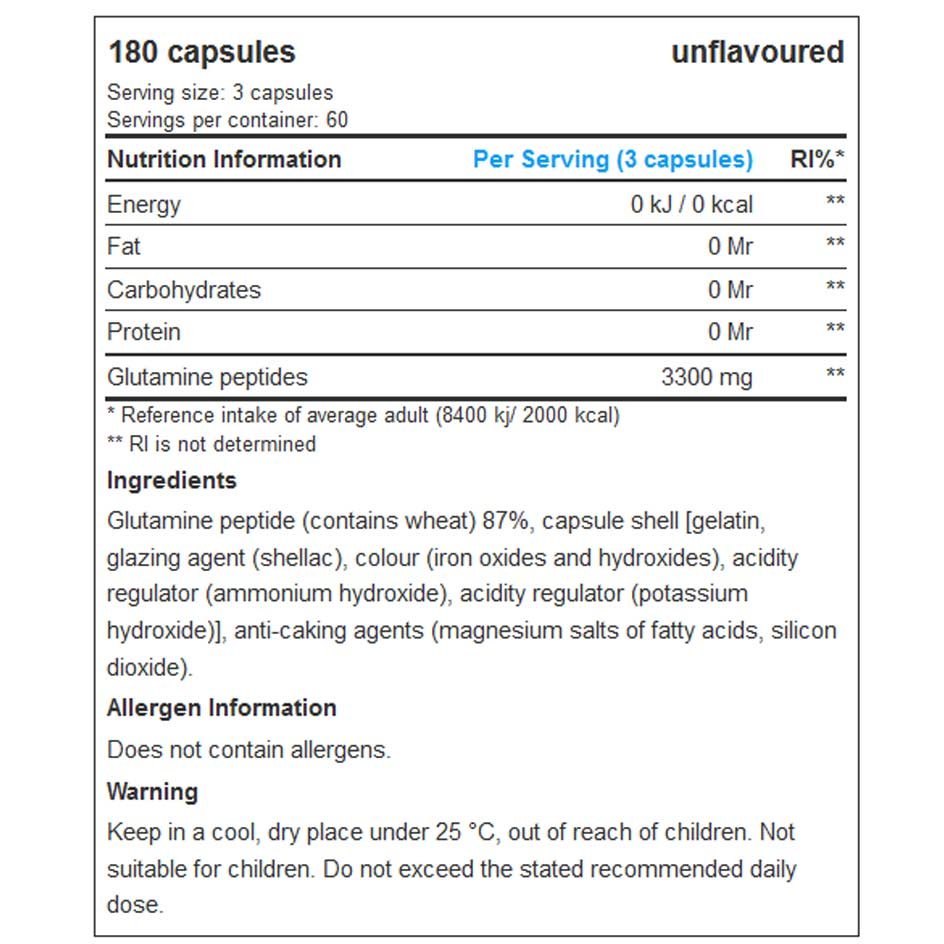What are peptides?
Peptides are organic compounds made up of amino acids. Unlike proteins, which are also made up of amino acids, peptides are very short amino acid chains: Some consist of only two amino acids (so-called "dipeptides"), some of three ("tripeptides"), and some of four ("tetrapeptides"). And then there are "oligopeptides" – they consist of six, seven, or eight amino acids, but in any case fewer than 10.
Peptides differ from other amino acid chains primarily in that they can only perform very specific functions in the organism. Proteins, for example, can perform a wide range of functions – they can
- serve as a transport medium for nutrients and oxygen,
- act as antibodies in the immune system,
- be used as building material for cells and
- be used to generate energy.
Peptides are different. They can only perform either messenger or enzyme functions. However, this makes them very "powerful" substances, because both as messengers and enzymes, they can influence important biological processes—for example, healing and rebuilding processes.
How do peptides work?
There are many peptides – and thus many peptide effects. It's impossible to define the effects of peptides in a general way, because each peptide works differently depending on its composition. (It's similar with anabolic steroids, although peptide preparations have even more individual effects than steroid preparations.)
Since peptides, as already mentioned, act as chemical messengers, they can "dock" onto and activate various receptors in the body. These receptors, in turn, trigger certain biological activities, such as cell repair, rebuilding processes, reducing inflammation, releasing hormones, and many more.
What peptides are there?
The cosmetics industry primarily sells peptides that increase skin moisture levels and stimulate collagen production (referred to as "collagen peptides"). In medicine, however, peptides that promote repair and healing processes are preferred. In competitive sports, in addition to "healing peptides," peptides that mimic the effects of muscle-building or fat-burning hormones, or stimulate the release of such hormones, are of particular interest. And recently, there are also "anti-aging peptides." The best known is the peptideEpitaphIt is said to have a variety of life-prolonging properties; among other things, it is said to be able to protect cells from damage caused by oxidative stress while simultaneously increasing the cells' resistance to all types of cellular corrosion. If this is true, Epitalon could significantly slow the aging process. Epitalon could play an important role in the future, especially in the prevention of degenerative diseases.
Peptides in bodybuilding
In bodybuilding, three groups of peptides are mainly used:
- Peptides for muscle building
- Peptides for fat loss
- Peptides for regeneration/healing
Peptides for muscle building include the following:
- Growth Hormone Releasing Peptides (GHRP)These include GHRP-1, GHRP-2, GHRP-3, GHRP-4, GHRP-5, GHRP-6, Ipamorelin, and Hexarelin. All of these peptides cause an increase in the body's HGH (human growth hormone) levels [1]. This stimulates hunger and promotes growth processes. To a certain extent, it also promotes the breakdown of body fat.
- CJC 1295– this peptide increases both the plasma concentrations of growth hormone and the concentration of insulin-like growth factor 1 (IGF-1) in the body [2].
When it comes to peptides for fat loss,
- HGH fragmentThis peptide ensures an increased release of the hormone fragment 176-191, which belongs to HGH. It acts
stimulating fat metabolism, i.e. it stimulates lipolysis and inhibits the build-up of new fat reserves [3].
Peptides for regeneration/healing include:
TB 500 and BPC 157 have a positive effect on collagen-containing tissues such as tendons, ligaments, cartilage, and joints. They can therefore ensure that injuries such as tendon ruptures, strains, muscle tears, and even bone fractures heal significantly faster than under normal circumstances. Furthermore, there is also research evidence of TB 500's positive effects on skin regeneration [4]. Using peptides for injuries—more specifically, to accelerate post-injury healing—is therefore common practice among professional bodybuilders, fitness influencers, and Hollywood actors. The peptide Epitalon plays a special role in bodybuilding because it is primarily of interest to steroid users: According to initial findings, it can stimulate the hypothalamus when the endocrine system is underactive (as is usually the case at the end of an anabolic cycle). Thus, Epitalon could be a highly effectivePCT agentbe.
How are peptides administered?
Peptides are typically administered by injection – at least for medicinal peptide preparations or those intended for medical purposes but misused by bodybuilders. The injection can be subcutaneous (= into the subcutaneous fat), intramuscular (= into the muscle tissue), or intravenous (= into the bloodstream), although intravenous injection is the riskiest. Intravenous injections should only be performed by people who know exactly how to do it.
Collagen peptides are usually administered transdermally via a pipette. The product is applied to the skin and then rubbed in a small amount. However, the effectiveness of such a cosmetic peptide serum when applied externally is debatable. Some dermatologists doubt that a transdermally administered peptide serum can penetrate deep enough into the tissue to stimulate collagen production and actively contribute to skin tightening. Others, however, consider transdermal administration to be quite effective. However, they recommend not only applying the selected peptide serum, but also "working" it into the skin with a facial roller. In addition to collagen peptides in serum form, there are also collagen peptides in powder form (e.g.,Keto Collagen Peptides from Applied NutritionorCollagen Peptides from ESN). These are intended for mixing drinks.
Peptides sold as sports supplements – whether for muscle building or healing purposes – practically always have
Capsule or tablet form, meaning they are for swallowing.
In addition to the aforementioned forms of administration, there is also the nasal spray form. In this case, the respective peptide is sprayed into the nostrils as a finely nebulized solution; the body then absorbs it through the nasal mucosa.
The order of administration forms with regard to the best possible absorbability is as follows (listed in descending order):
- injection
- Transdermal administration (as serum via pipette, as ointment or as transdermal patch)
- Nasal administration in the form of nasal spray
- Oral administration in the form of capsules
- Oral administration in the form of shakes/drinks
Do peptides have side effects?
Whether peptides have side effects – and if so, how serious they can be – is not yet known. So far, the AmericanFood and Drug Administration (FDA)Only a handful of peptides have been approved as medications, and there is not yet much scientific evidence on their use.
After all, it stands to reason that GHRPs, if they work, could have the same side effects as growth hormones. These include:
- Water retention
- Headache
- Carpal tunnel syndrome and numbness (caused by water retention; they can literally squeeze nerve pathways)
- Increased cortisol levels – resulting in fatigue and loss of libido
Peptides that promote healing processes, such as TB 500 and BPC 157, are not yet approved for use in humans. Accordingly, there are no official findings on their side effects. However, bodybuilders who have used these peptides generally report in forums and on social media channels that they have not experienced any adverse side effects.
Are peptides legal?
The question of whether peptides are legal is not entirely clear. On the one hand, they are not illegal (unlike anabolic steroids), and collagen peptides, for example, may be sold as dietary supplements. However, certain peptides, such as TB 500 and BPC 157, are not approved for human use; therefore, they may officially only be sold and purchased for experimental purposes. Furthermore, the use of peptides in competitive sports is a delicate matter: Several peptides are listed on theWADA List of Prohibited Substances, including all peptides that stimulate the release of hormones. Anyone who wants to participate in competitions where doping is tested should therefore inform themselves about which peptides are considered doping.
Where can you buy peptides?
Collagen peptides can be found in any well-stocked drugstore, such as dm. TB 500, BPC 157, and Epitanol, however, can only be purchased online in specialty stores, and injectable peptides are only available on the black market, in underground shops, or on the dark web.
- E. Ghigo et al. (1997): “Growth hormone-releasing peptides” – Eur J Endocrinol. 1997 May (https://pubmed.ncbi.nlm.nih.gov/9186261/)
- Lucila Sackman-Sala et al. (2009): “Activation of the GH/IGF-1 axis by CJC-1295, a long acting GHRH analogue, results in serum protein profile changes in
normal adult subjects” (https://www.ncbi.nlm.nih.gov/pmc/articles/PMC2787983/) - MA Heffernan, WJ Jiang, AW Thorburn, and FM Ng (2000): “Effects of oral administration of a synthetic fragment of human growth hormone on lipid
metabolism” – American Physiological Society (https://journals.physiology.org/doi/full/10.1152/ajpendo.2000.279.3.e501) - Terry Treadwell et al. (2012): “The regenerative peptide thymosin β4 accelerates the rate of dermal healing in preclinical animal models and in patients” – Ann NY Acad Sci. 2012 Oct. (https://pubmed.ncbi.nlm.nih.gov/23050815/)






